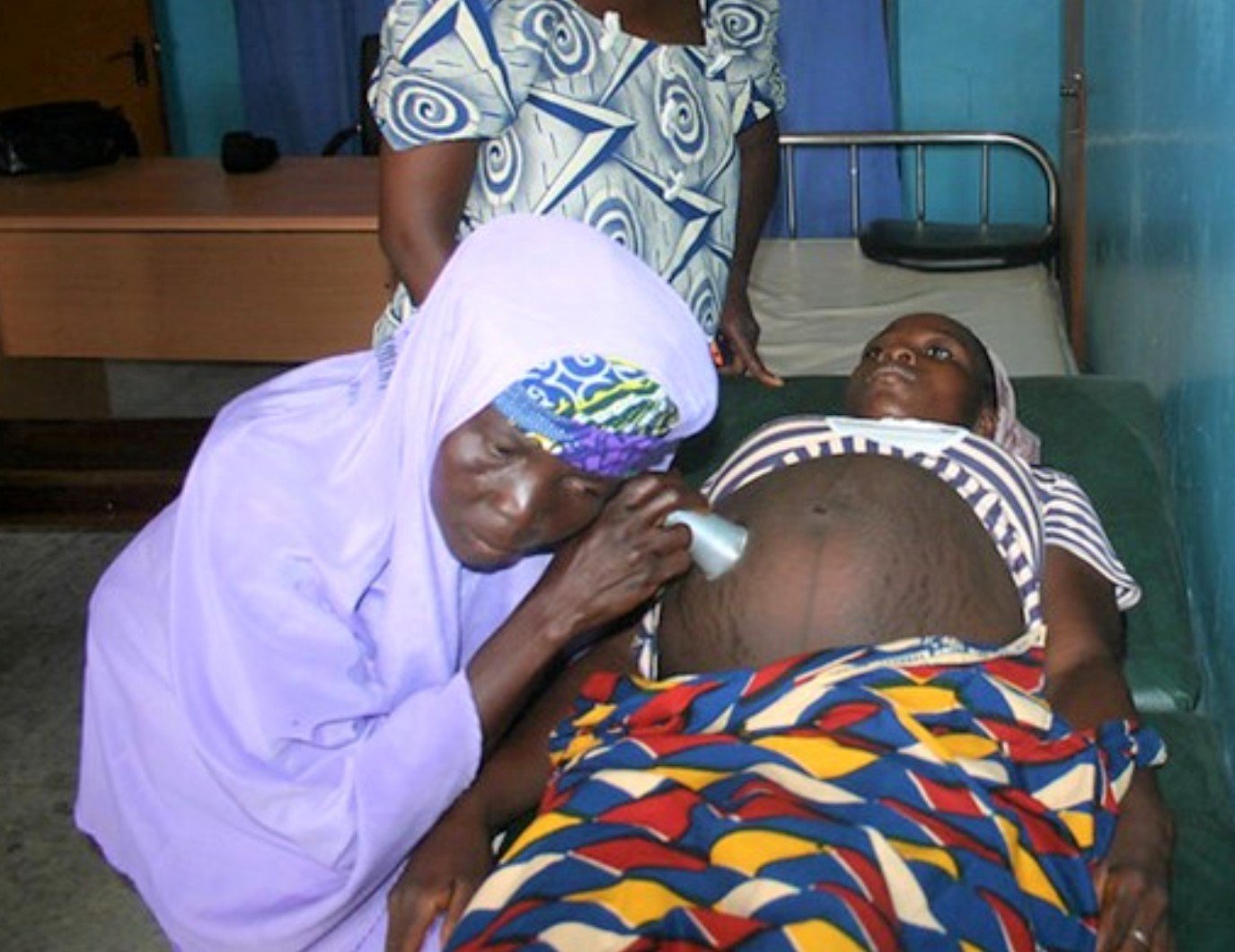
Lara Adejoro, Abuja
The National Primary Health Care Development Agency has decried inadequate human resources in the primary health centres, noting that there are only 463 out of 25,843 PHCs in the country with the minimum number of required skilled birth attendants.
The Executive Director of NPHCDA, Dr. Faisal Shuaib said this on Wednesday at the official launch of community-based health research, innovative training, and services programme to address the situation.
The Reportr Door had reported that only Imo State has over 95 per cent coverage of skilled attendance at birth in Nigeria while the skilled in attendance coverage of births in Bauchi, Sokoto, Katsina, and Zamfara states is below 20 per cent.
Dr. Faisal, however, said there is a need to close the gaps in the adequacy and distribution of human resources for health at the PHC level.
“To be guided by evidence, we followed this with a national health facility assessment in 2022. Findings from the assessment revealed that only 1.8 per cent (463 out of 25,843) PHC facilities in our country have the minimum number of required SBA which is four per facility. Aside from gross inadequacy, there is the problem of unequal distribution of available SBAs in the PHC facilities.
“To address this major challenge, the NPHCDA has come up with an innovation called CRISP, which will be launched on May 22, 2023.
“CRISP is a partnership between the Teaching Hospitals, Federal Medical Centres, National Primary Health Care Development Agency, State Primary Health Care Boards, Local Government Health Authorities and the communities to support primary health care development.”
He said the intervention will help to increase, retain the quality, adequacy, competency, and distribution of a committed multi-disciplinary PHC workforce that includes facility outreach and community-based health workers supported through effective management supervision and appropriate compensation.
He said CRISP will also help to improve reproductive, maternal, newborn, child, and adolescent healthcare, among other health services within the benefiting communities.
Also speaking, the Country Representative of the World Health Organisation, Dr. Walter Molumbo, emphasised the importance of accelerating efforts in the health sector.
He disclosed that the organisation will next week, unveil a strategy for promoting health, providing health services, protecting health, empowering health through digital technology and innovation, and performing for health by strengthening WHO country offices.
The United Nations Children’s Fund representative, Eduardo Celades said only 70 per cent of pregnant women in the country have access to antenatal care, with just 60 per cent receiving complete antenatal checkups.
Celades also noted that only half of the newborns are attended by SBAs and neonatal and under-five mortality rates remain high.
“UNICEF aims to further enhance maternal and child healthcare as this comprehensive approach aligns with their core principles and objectives,” he said.
Copyright Reportr Door
All rights reserved. This material, and other digital content on this website, may not be reproduced, published, broadcast, rewritten or redistributed in whole or in part without prior express written permission from Reportr Door.
Contact: [email protected]
Leave a Reply